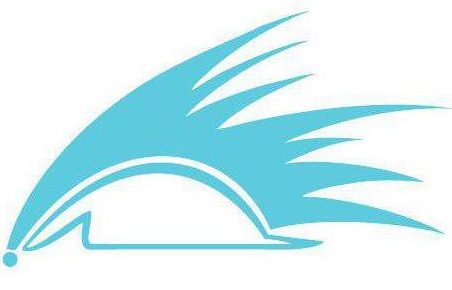February is American Heart Month. 2022 marks the 58th year of this public health campaign. This year’s theme is “Reclaim your Rhythm” A promotion to reclaim control of your mental and physical well-being after two years of the COVID-19 pandemic.
This campaign brings attention to the prevention and treatment of cardiovascular disease (CVD). CVD is still the number one cause of death in the United States. Taking care of your heart is also important for brain health since many risk factors of heart disease can also lead to brain diseases such as stroke, Alzheimer’s, and dementias. If you are reading this blog, there is a good chance you are already physically active. However, we sometimes forget that there are many factors to heart health. As well as encouraging our friends, family and others in our life to think about their heart health.
Physical Activity Keeps our Heart Healthy!
Acquiring 150 minutes of moderate intensity aerobic activity each week can help prevent and lessen symptoms of cardiovascular disease. This does not have to be in long bouts, but split into smaller sessions if needed. 75 minutes per week of high intensity exercise can also help prevent CVD. This is great news for those who may not always have time to fit in longer duration endurance activities. Above these numbers – great job! This is still a good reminder that on those weeks where we may not be able to meet our normal training volumes we should still strive to hit the weekly numbers above to to improve both physical and mental health.
What’s for dinner? Heart Healthy Foods.
Nutrition also plays a role in heart health. Check out this website on how to find heart healthy foods.
Check your numbers!
Resting heart rate and resting blood pressure are indicators of heart health. Resting heart rate is best taken when you awake in the morning before getting out of bed.
For instructions on how to take your resting heart rate visit this link.
Blood pressure can be taken at home with a blood pressure monitor. The best time to do it is the same as resting heart rate, upon waking. It is also important to take readings over multiple days since many things can increase blood pressure, not just CVD. If you are concerned about your readings, consult a doctor. For information about blood pressure visit this link.
Checking your numbers includes getting regular checkups by a doctor. Routine blood work checks for other CVD risk factors such as high cholesterol, triglycerides and blood glucose levels. This is especially important if you have a family history of CVD. I personally asked my doctor to run an ECG on me a couple of years ago before a 70.3 triathlon. With a family history of CVD and getting older, I wanted to ensure I would be safe competing. Be proactive and start a conversation with your doctor.
Decrease stress!
Find ways to relax and easy your mind. This could be through daily meditation, or engaging in a leisure activity that helps you unwind.
So in the month of February take a moment to assess what you are doing for heart health. Take time to talk about it with your loved ones, and encourage them to do the same.




